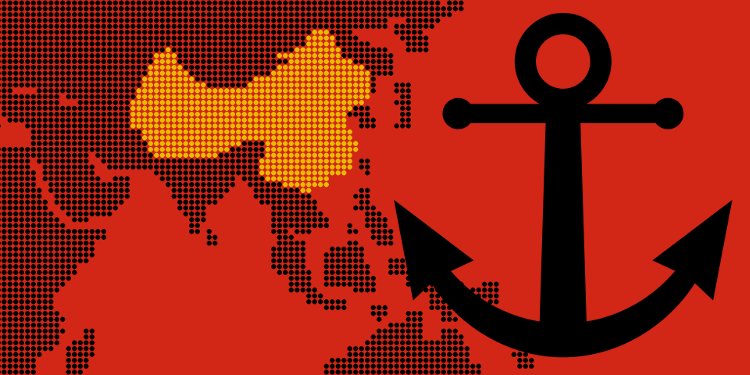After three weeks, President Trump finally had his phone call with Chinese President Xi. The report is that Trump will uphold the United States’ long-standing “One China” policy, in which China proper and the island of Taiwan are one country and that country’s government seat is in Beijing. The effect is that the United States does not have an “embassy” with Taiwan, but the US has an “institute” and Taiwan an “economic and cultural” office; both are still considered envoys and consulates, offering passport and visa services. While self-important voices in news and politics view the phone call as a phone call, much more is happening beneath the surface, and Beijing may only be partially aware of what all is going on.
Being a Socialist State, China’s government is itself in business, both cooperative and competitive. China’s Communist Party can directly compete with social companies like Facebook, news networks like CNN, web service companies like Google, almost any manufacturer, and, of course not in the least, construction. China’s former business associate and new “boss”, as it were, of America calls all the “important” countries in the world, except China. The delay itself is a message to China like a father telling the disobedient son to wait his turn while everyone else at the dinner table has first choice. To China’s “indirect-implication” culture, it was no less than a smack in the face, no matter how friendly and reportedly positive the phone call was. No doubt China feels this somewhat, though President Xi probably doesn’t take the snub as seriously as he should.
Even allowing State-controlled newspapers, such as Xinhua news, to let three weeks of silence be known merely by reporting the phone call shows that Trump knows how to cut through promulgated gate keeping. Knowing how his old trading partner thinks, Trump knew that Beijing would jump to report the phone call to give President Xi notoriety, forgetting the deeper implication that the phone call didn’t happen for three weeks into Trump’s term. Now, the Chinese people know that Trump didn’t talk to their president until three weeks after taking office, yet he received a phone call from Taipei only days after he was elected—Beijing made sure the people knew that. When trying to control information in one’s own country, that was an oversight. If Beijing were wise to the three-week snub, no newspaper in China would be allowed to report the phone call until two months later, with the comment, “Oh, they are presidents. They talk when it suits them.”
In social battles of implication and indirection, the Chinese have endurance and mastery, but the West has a less frequent and even more subtle way of implication that often eludes the East. It is difficult to recognize deep implication when implication is used on a daily basis for routine communication. Americans trust Trump with China more, now, knowing that he can snub them for three weeks and State-run Xinhua news will consider it a “good first step”.
There are other problems—not being able to quit while so far ahead and declare victory after 70 years of war on the books, the US selling weapons to Taiwan—but the three week snub “trumps” them all. American people have often asked themselves who China thinks they are fooling. After this three-week snub thoroughly reported under the title of a “phone call”, the American people, Democrats and Republicans alike, certainly know who is successfully fooling China.

